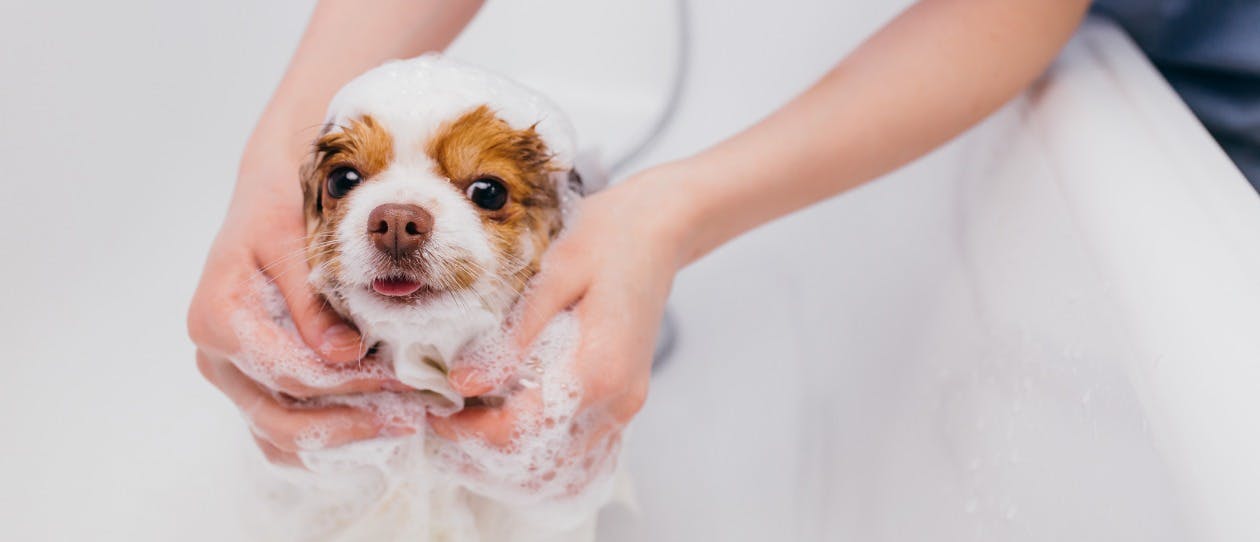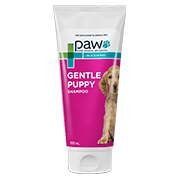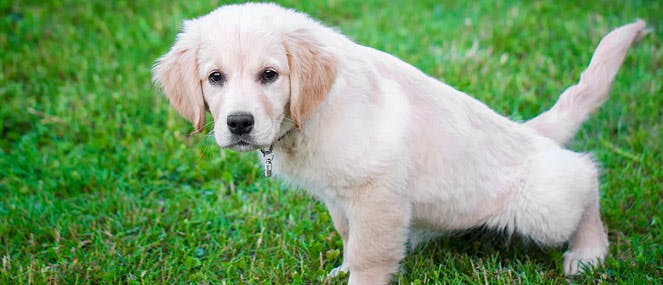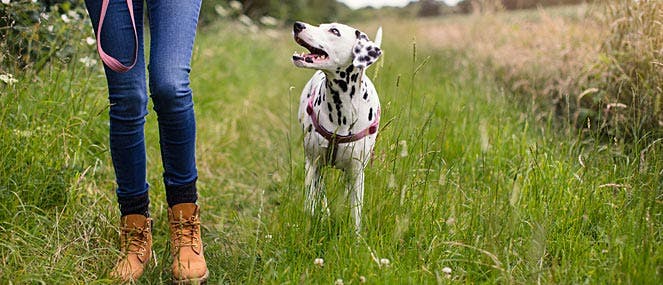
- A Guide To Perfect Your Pet's Health/
- Choose the Right Products to Groom Your Dog/
- 5 puppy grooming essentials


Bath-time
Best done on a needs-to basis - overly frequent washing can cause irritation to their skin. Stick to washing when they are visibly dirty, smelly or you spot fleas. Make sure you use a gentle shampoo that is pH balanced and formulated for puppy skin like our PAW Gentle Puppy Shampoo which is specifically formulated to gently & effectively clean and nurture young, puppy skin! Our puppy shampoo uses pawDerm® technology that combines:
- Hypoallergenic sulphate free cleansers for a gentle clean, without irritating or stripping natural oils from their young skin.
- Rich, moisturising ingredients.
- Natural essential oils to provide nutrients and a fresh pure scent for young skin.
Washing your dog generally goes one of three ways – your puppy enjoys themselves immensely, splashing about and refusing to leave; they stand and tolerate the bath or; they actively hate it and resist. Getting them used to water from an early age, taking care to make it a pleasant experience is ideal for long term bath time bliss.
Brushing and clipping
Depending on the breed, brushing can be a daily requirement – knots and tangles can pull on your dog’s skin and cause irritation and pain, so long haired breeds will need frequent brushing. It also helps keep dirt at bay (which means less frequent baths), and helps you notice any skin issues or signs of fleas or ticks, so short haired breeds will still benefit from weekly brushing. Make brushing time easier by asking your vet for a brush that suits your dog’s hair and skin. Long haired dogs can also be clipped on a regular basis to keep their hair short and more manageable – it’s obviously personal choice, but if your dog’s hair matts easily, it could save you all a lot of discomfort and stress!
Try PAW Puppy Conditioning Spray which will help to moisturise, revitalise and detangle your puppy's coat!
Nail care
Long nails can make life uncomfortable for your puppy – and certainly for anyone that comes into contact with them. A nail trim every four weeks is usually enough, and if your dog runs daily on gravel or other hard surfaces, you may find the nail grinds down and less frequent clippings are required. As it’s important to avoid nicking the quick of the nail (you’ll know you’ve done it as it will bleed), ask your vet to show how to clip your dog’s nails in the first instance, and if you are not confident moving forward, you can take them to a groomer. Only use nail clippers designed for dogs.
If your puppy is initially unhappy having his nails done, you can get them used to it by gently touching your puppy's paws, and using your fingers to press against their footpads and separate their toes. Progress to clipping a few nails once a week, alternating until they are all cut over several weeks.
Ear cleaning
Generally speaking, as with humans, you won’t need to clean your dogs ears too often, unless you have a long eared breed prone to ear issues. However, checking their ears regularly allows you to check for ticks and mites, so check their ears weekly, as part of their brushing session, for any dirt, debris, swelling or offensive smells or redness, especially if you've noticed your puppy scratching or shaking his head. Use an enzymatic ear cleaner like PAW Gentle Ear Cleaner and some cotton wool balls on a semi-regular basis, and after swimming to keep the ear canals clean and dry. Try to avoid excessive ear cleaning, as it can become irritating, particularly if using an ear cleaning solution.
Dental care
Your veterinarian will examine your dog's mouth at every physical examination and will perform a professional cleaning as needed. However, you can keep their teeth in tip top shape with regular brushing (using a puppy paste – never use human toothpaste.) If brushing is not for you, do check their teeth regularly, at least once a week, and be on the lookout for bad breath, bleeding gums or a buildup of tartar and plaque on the teeth – these can be early warning signs of health issues, and will require a vets visit.
Read more: 20 things no one tells you about raising a healthy dog




